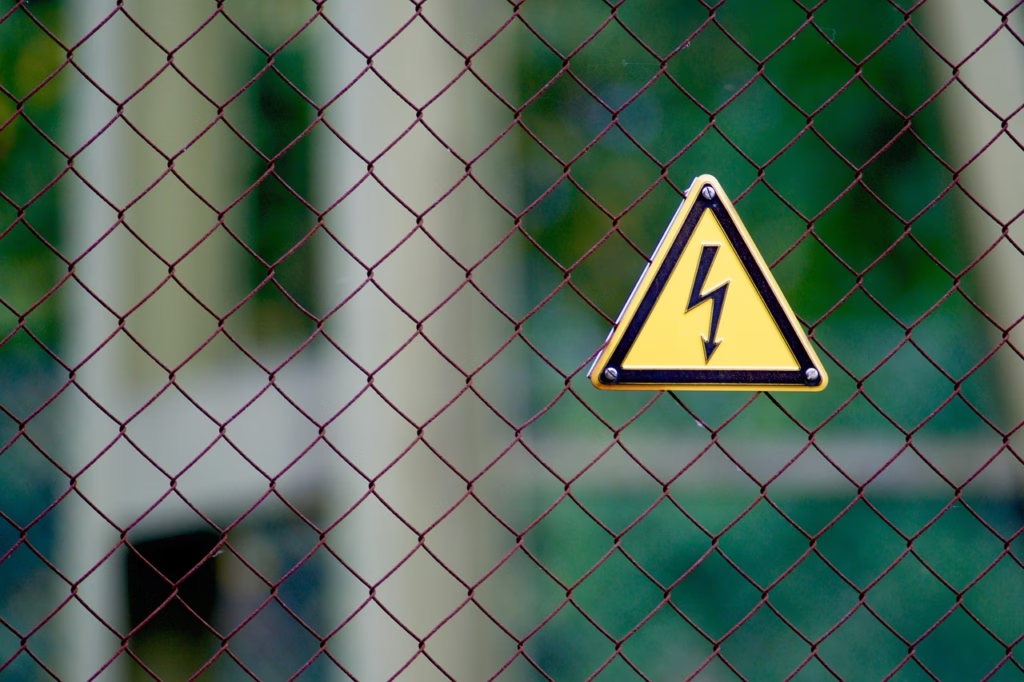Electric shock can happen in an instant and leave lasting effects. Whether from faulty wiring, exposed outlets, or accidental contact with live wires, it’s crucial to know how to respond. While severe shocks require immediate medical attention, minor shocks can often be treated at home. Here’s what you need to know.
1. Assess the Severity of the Electric Shock
The first step in self-treating an electric shock is determining how severe it is. Symptoms like muscle pain, numbness, or mild tingling may indicate a minor shock, whereas difficulty breathing, unconsciousness, or burns require emergency medical care. If you’re unsure, it’s always best to seek professional help.
2. Move to a Safe Location After an Electric Shock
If you’ve just experienced an electric shock, remove yourself from the source of electricity immediately—if you haven’t already. Avoid touching electrical appliances or wires until you’re certain the power source is turned off to prevent further injury.
3. Check for Burns or Skin Damage from the Electric Shock
Electrical shocks can cause burns at the point of contact. Inspect your skin for redness, blisters, or charred areas. Run cool (not cold) water over minor burns and cover them with a clean, dry bandage. Avoid using ice, as it can worsen tissue damage.
4. Monitor for Delayed Symptoms
Some effects of electric shock don’t appear immediately. Symptoms like irregular heartbeat, muscle pain, confusion, or numbness can develop hours later. Keep an eye on your condition, and seek medical attention if new symptoms arise.
5. Hydrate and Rest
After an electric shock, your body needs time to recover. Drink plenty of water to stay hydrated and rest to allow your nervous system to regain stability. If you feel weak, dizzy, or fatigued, take it easy and avoid strenuous activities.
6. Treat Minor Pain and Discomfort
If you experience muscle soreness or mild pain after a shock, over-the-counter pain relievers like ibuprofen or acetaminophen can help. However, if pain persists or worsens, consult a doctor.
7. Seek Medical Attention for Severe Symptoms
Even if your symptoms seem mild at first, you should see a doctor if you experience:
- Chest pain or irregular heartbeat
- Loss of consciousness (even briefly)
- Persistent numbness or tingling
- Difficulty breathing
Final Thoughts
While minor electric shocks can often be managed at home, it’s crucial to know when to seek medical care. Prioritizing electrical safety in your home and workplace can help prevent shocks altogether. If you’re ever in doubt about your symptoms, err on the side of caution and consult a healthcare professional.
*Go back to Point B Electrical Services home page…
*Discover the latest updates, promotions, and expert electrical tips by visiting Point B Electrical Services Facebook page today!


